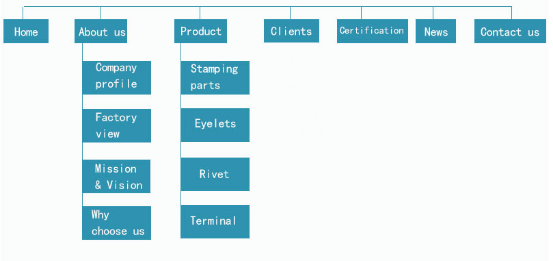fgd meaning in power plant
The meaning of FGD abbreviation in power plant lay in the Flue Gas Desulfurization Environmental process designed to remove sulfur dioxide (SO2) from the exhaust flue gases produced by coal-fired power plants. Its main function is reduce air pollution by neutralizing the sulfur dioxide before it gets released into the atmosphere. Technically, FGD systems usually consist of an absorber, spray tower, or scrubber in which gases are contacted with a limestone slurry that reacts with SO2 to form gypsum. This process is critical in meeting environmental statutes and rules. In practice, FGD systems are vital to any coal-fired plant seeking to reduce its environmental footprint, providing a cost-effective means of complying with emission legislation and protecting air quality.


